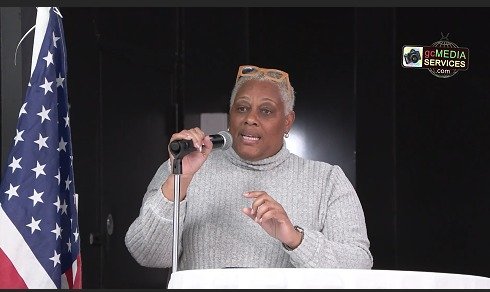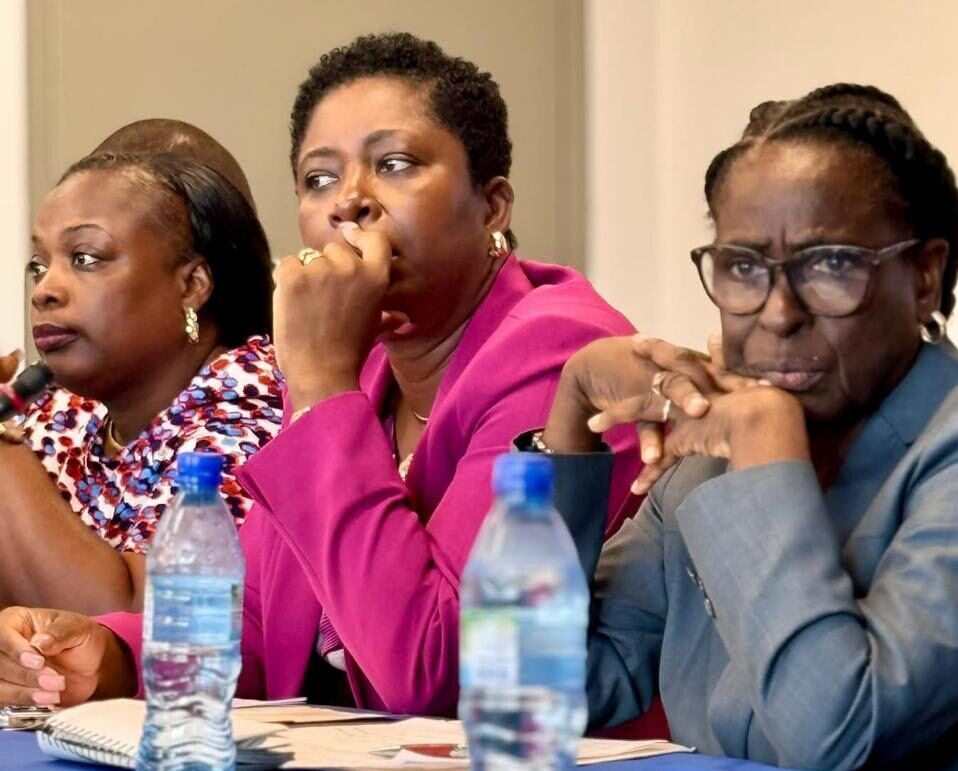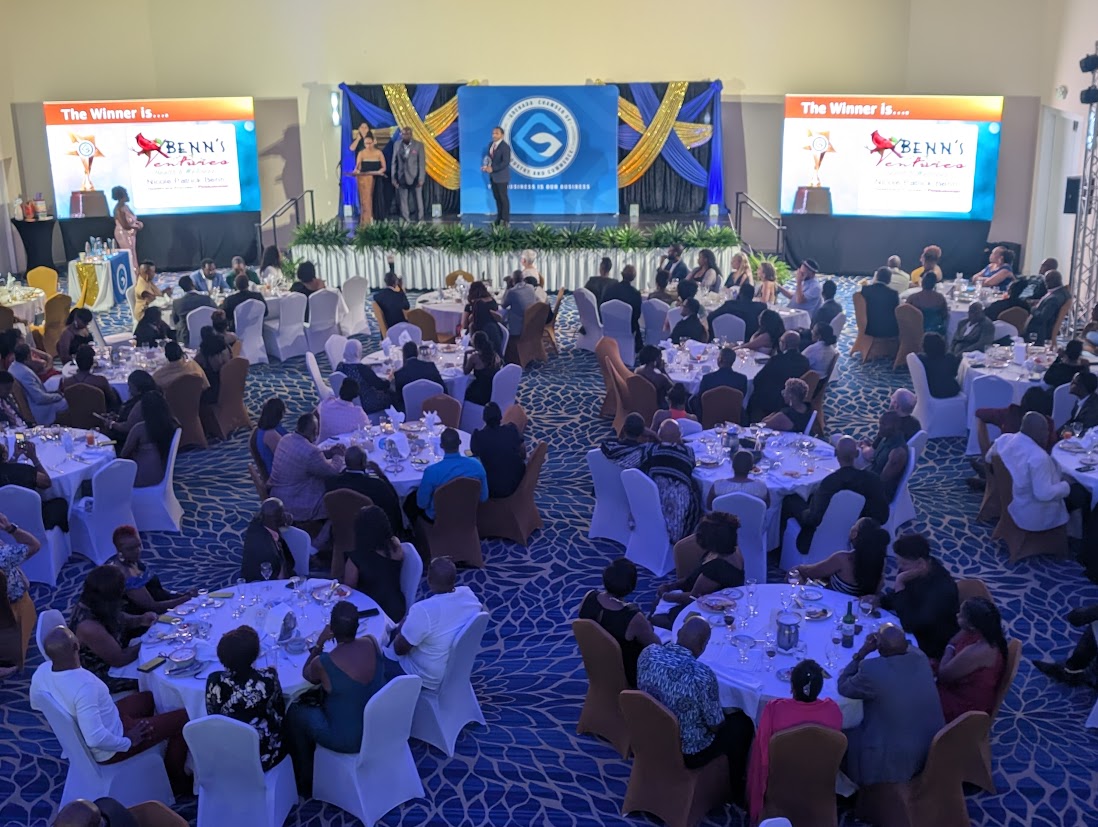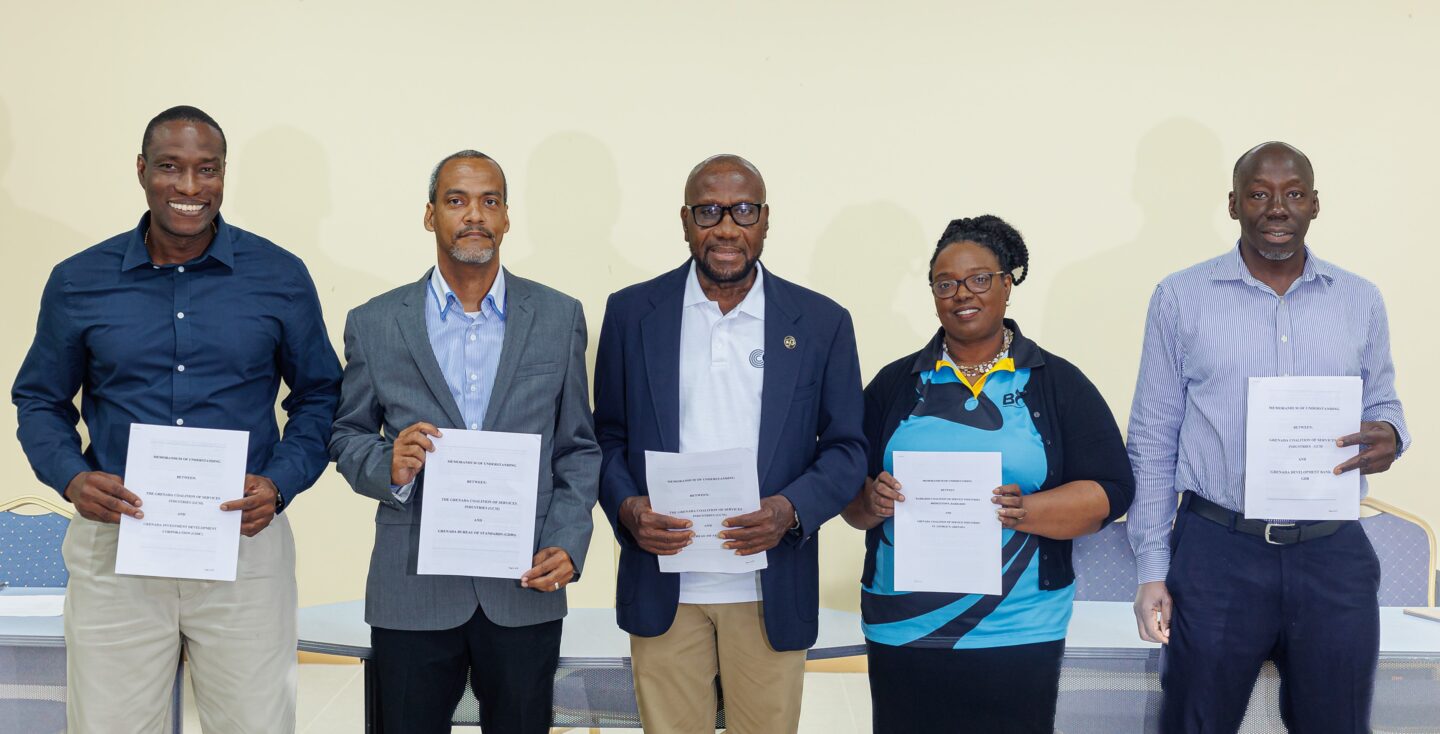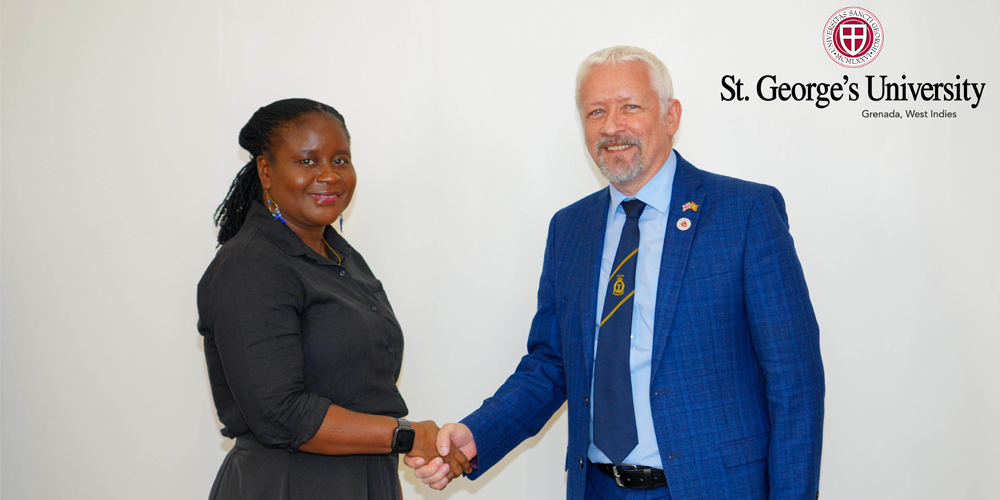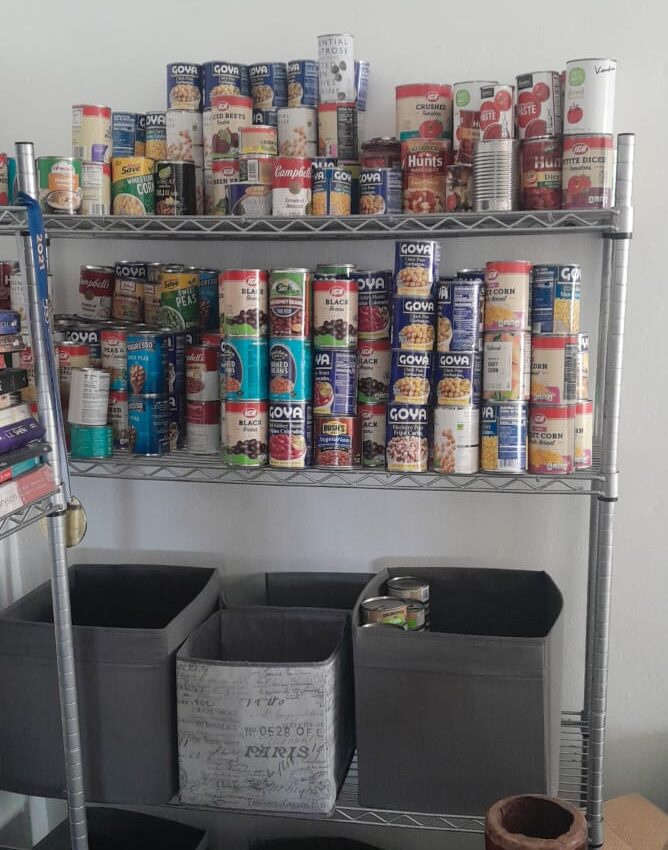The Eastern Caribbean Supreme Court (ECSC) has formally declared its jurisdictional authority to adjudicate a contentious legal challenge concerning the appointment of Justice Eddie David Ventose. Former Grenadian Attorney General Jimmy Bristol KC initiated proceedings on December 9, contesting the validity of Justice Ventose’s appointment to the appellate bench effective January of the previous year.
In his substantive claim, Bristol contends that Justice Ventose failed to satisfy the statutory qualifications mandated by Section 5 of the Court’s Order. Specifically, the petition argues the St. Lucian jurist lacked the requisite five years of judicial experience stipulated under Section 5(2)(a)(i) and insufficient advocacy practice duration contrary to Section 5(2)(a)(ii)’s fifteen-year requirement.
Presiding Justice Raulston Glasgow delivered a comprehensive 60-page ruling addressing preliminary jurisdictional objections. While acknowledging Bristol’s procedural standing to raise constitutional questions, Justice Glasgow emphasized that the present determination exclusively concerns judicial jurisdiction rather than substantive merit evaluation.
Notably, the ruling refrained from assessing Justice Ventose’s professional capabilities, with Justice Glasgow observing that one could hardly question the jurist’s substantive qualifications based on his distinguished academic and judicial record. The core judicial determination affirmed the ECSC’s constitutional authority to hear challenges regarding judicial appointments under the West Indies Associated States Supreme Court Order 1967.
The court scheduled the substantive hearing for February 25, 2026, with written submissions required by February 16. Justice Glasgow denied the application to strike out Bristol’s claim as an abuse of process while exempting both parties from cost allocations absent demonstrated unreasonable conduct.
Legal representation featured prominent Caribbean legal figures, including former Trinidad and Tobago Attorney General Anand Ramlogan representing Justice Ventose, while King’s Counsel Sydney Bennett advocated for Bristol. The Judicial and Legal Services Commission retained Michael Hylton KC and associates for defense proceedings.



